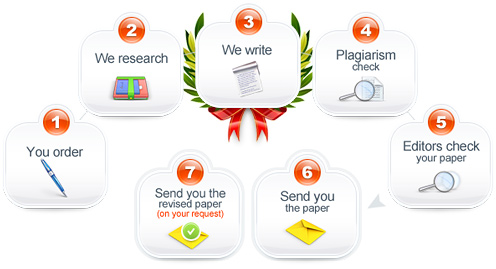This week, complete the Aquifer case titled “Family Medicine 19: 39-year-old man with epigastric pain”
Apply the information from the Aquifer Case Study to answer the following discussion questions:
• Discuss Mr. Rodriquez’s history that would be pertinent to his gastrointestinal problem. Include chief complaint, HPI, Social, Family, and Past medical history that would be important to know.
• Describe the physical exam and diagnostic tools to be used for Mr. Rodriguez. Are there any additional you would have liked to be included that were not?
• Please list 3 differential diagnoses for Mr. Rodriguez and explain why you chose them. What was your final diagnosis and how did you make the determination?

• What plan of care will Mr. Rodriquez be given at this visit, including drug therapy and treatments; what is the patient education and follow-up?
Case attached
Aquifer case titled “Family Medicine 19: 39-year-old man with epigastric pain” Related posts:
- Complete the History, Physical Exam, and Assessment sections of the Aquifer virtual case: Family Medicine 12: 16-year-old female with vaginal bleeding and UCG
- Case Study Week 8 A 63 years old obese female presents with a 4 to 5 months history of mid-epigastric pain that is worse after eating
- Coursework based on Aquifer Case Study
- Aquifer Case Study
- Read the section titled “Reflective Practice: Pants on Fire” from the chapter “Health Policy, Politics, and Professional Ethics” and address the questions
- What is a definition of family that encompasses the different family structures prevalent today? Discuss the importance of acknowledging nontraditional family structures. Explain how family systems theory can be used to better understand the interactions of a modern family (traditional or nontraditional).
- 373.10 mg of medicine per week must be delivered to person X. If the nursing staff administers medication every eight hours exactly, how much medicine should be delivered at each visit?
- As one learns about all of the wonders of modern technologies, how would you respond (positive or negative, and why) to Dr. Victoria Sweet who wrote: In trying to get control of healthcare costs by emphasizing “efficiency,” we’ve headed down a wrong path. The medicine works best—that is, arrives at the right diagnosis and the right treatment for the least cost—when the doctor has enough time to do a good job, and pays attention not only to the patient but to what’s around the patient. Dr. Sweet calls this approach Slow Medicine, and she believes that put into wider practice, it would be not only more satisfying for patients and doctors, but also less expensive.
- Review and reflect on the family assessment tools you have seen this week. Then using a family assessment tool of your choice develop an assessment plan for a family that includes a child or adolescent, a young or middle-aged adult, and a senior citizen. Explain how this type of assessment will be beneficial in family-centered practice. Be specific and use examples.
- Family Medicine 08: 54-year-old male with elevated blood pressure
- Week 7 Pediatric SOAP Note
- living with Multiple Sclerosis

